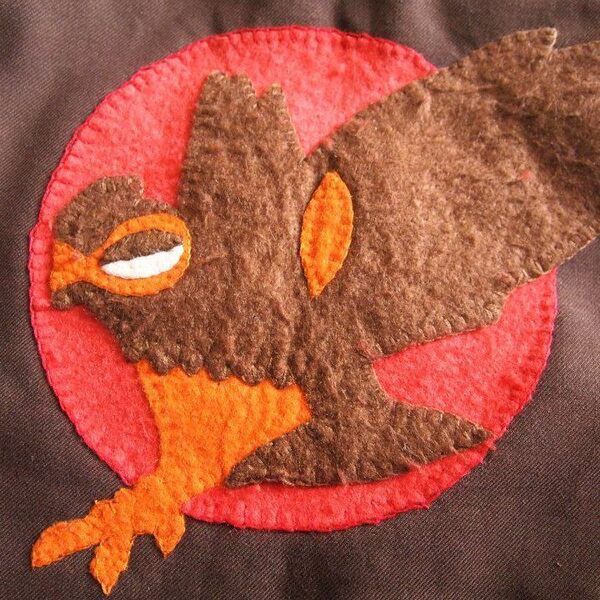Owlswick Morris's traditional Christmas mummers’ play is a short and quirky piece about good versus evil, death and resurrection and questionable medical practices. The play, which is based on scripts performed in the 18th and 19th centuries, has also been updated by the group to refer to some of the events of the day.
Mummers plays, like morris dancing and so many other folk customs, have a somewhat unclear origins. In general, we do not know who wrote the plays nor how exactly old they are, but we do know that there are medieval references to such plays. Folklorists have found evidence of mummers throughout the UK, Ireland and parts of what was then the British Empire. However, most play follow similar themes of combat, and the triumph of good over evil. Many also feature silly jokes and low humour.
The script which Owlswick uses today, has evolved over time, but is largely based on a one put together by the late Denis Manners, the man who taught many of Owlswick's original members how to dance. It is all in verse ... although doggerel might be a better description. It features archetypal characters: a rich but cowardly king who gets others to do his dirty work; a quack doctor who bumbles his ways through the whole episode and a hero who is brave and strong but lacks any personality. Interestingly, the play is different each time it is performed, as the actors are at liberty to interpret their character and some ad libing is positively encouraged!
A link to Boxing Day 2008 photographs
